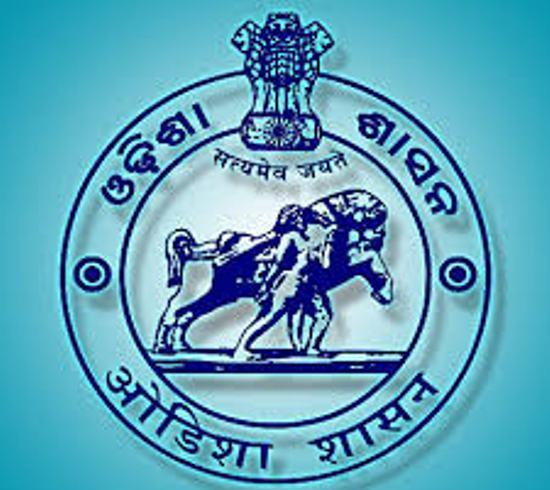ODISHA GOVERNMENT MUST TAKE A CUE FROM CHHATISGARH EDUCATION MODEL

Bureau,Odishabarta
Bhubaneswar-8th August: While CSOs across the country have welcome the Chhatisgarh government’s move on providing education to children who are not able to attend online classes due to the lack of digital resources, they have urged the Odisha government to bring a similar alternative model of education to bring a large chunk of rural children to the fore of Education.
Recently, Education Minister of Chhatisgarh Dr Premsai Singh Temak informed the media that their government is planning to introduce “Loudspeaker schools’ and “Bultu Ke Bol” initiative to teach rural children amidst lockdown, with the help of teachers and community across the state.
Under this programme, children especially from rural areas of the state who depend on the public education system for their studies. This will benefit children from poor and marginalized communities to be back to the fore of education and especially who live in remote areas and hilly terrain where basic amenities like electricity is not connected and internet connectivity are not available.
“The retention of learning for these children was important as they had almost been out of education for more than four months. This will help these children with their learning. The Odisha government must make a similar move like Chhatisgarh, immediately to address the children’s education in the state,” said Mr Anjan Pradhan, Convener, Odisha Shramajeebee Manch.
“We appreciate the move of the Chhatisgarh government’s recent decision to start offline mode of education which was a result of our month-long campaign titled “Hamari Maang: Achha School, Sudharatmak Shiksha” which was run in five states including Odisha. We also have written letters to the Prime Minister, The Governors, The Chief Ministers and Education Ministers across the country to highlight the issue of children. We hope that the Odisha government will also do similar move, said Ms Ruchi Kashyap, Executive Trust of Atmashakti Trust.
Last month, Atmashakti Trust along with its partner organizations Odisha Shramajeebee Manch (OSM) & Mahila Shramajeebee Manch Odisha(MSMO) in Odisha, Sonbhadra Vikas Sangathan in UP, Jana Adhikar Kendra in Bihar, Dalit Adivasi Manch in Chhattisgarh& Ideal Youth and Welfare Society in Delhi, had conducted a study on the children’s learning level and found that children’s performance are very low.
In Odisha, as the study report reveals, out of a total of 845 school students of class VIII, who appeared for the English language test, 48% of them were below the expected standard. In Mathematics, the percentage was 45%. Though there is a little respite in case of the learning level of children in Odia, which stands at 79 %, the problem lies big as many children have failed to meet the class-appropriate learning, despite it being their mother tongue.
The learning level of class III and V of the state is also equally worrisome. Out of 1088 students in Class-V, 59 % of them have failed to meet the required learning level in English whereas it is 53% in Mathematics and 31% in Odia language. Similarly, out of 918 students of Class-III, who appeared for the test, 43.42% and 26.54% of them need a remedial class to have the class appropriate learning level in Mathematics and Odia respectively.
According to the report of the state government, out of a total 67, 128 government elementary schools in the state, only 27.68% of them have initiated online education so far and children who attend online classes through a smart phone pegs at merely 31.95%, the report revealed. With the existing digital divide, relying only on online education will push the have-nots out of the education system, which will be accumulating inequality in educational outcomes.
Therefore, the government must make alternative measures to ensure that these children are not losing out on their education, the members of the Civil Society Organisations urged.






